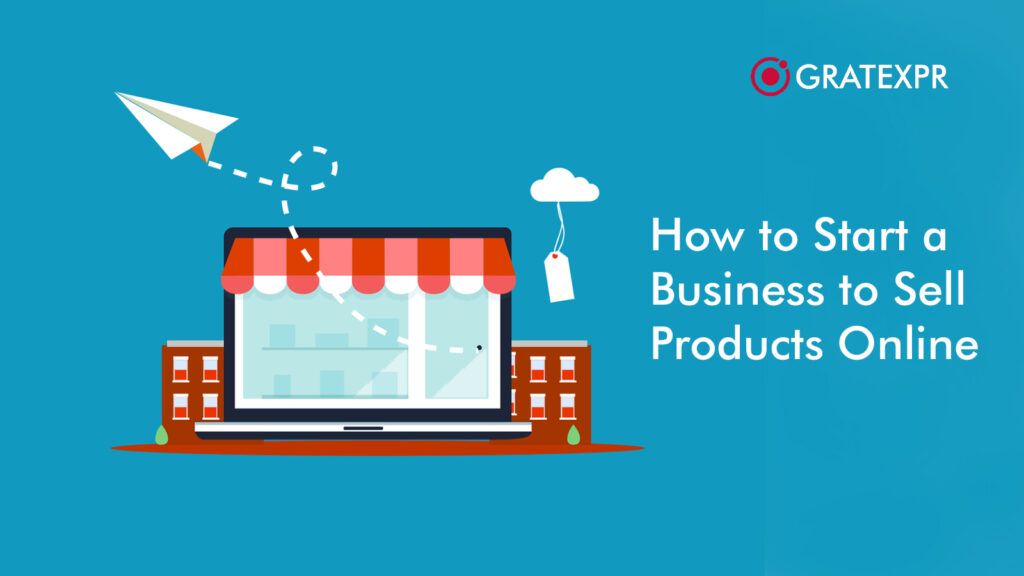Here is a more comprehensive guide to selling products online:
- Identify a niche or market:
Identify a niche or market that you want to sell to. This can be based on your interests or expertise.
- Research your competition and demand:
Research your competition and the demand for the products you want to sell. This will help you understand the market and identify opportunities.
- Create a business plan:
Create a business plan outlining your business model, target audience, marketing strategies, and projected financials. This will help you stay organized and focused as you start your business.
- Register your business:
Register your business and obtain any necessary licenses and permits. This will vary depending on your location and the type of products you are selling.
- Choose an e-commerce platform:
Choose an e-commerce platform to sell your products on, such as Shopify, Amazon, or your own website. This will depend on your budget and the level of control you want over your online store.
- Create your online store:
Create your online store and list your products. Make sure your store is easy to navigate and search for products, and that it has a professional design.
- Establish payment and shipping options:
Establish a payment gateway and shipping options for your customers. This will include options such as credit card, PayPal, and cash on delivery.

Create a marketing and advertising plan to drive traffic to your store. This can include social media, email marketing, and search engine optimization.
- Continuously analyze and optimize:
Continuously analyze your performance, make adjustments and improvements to your business. This will help you stay competitive and grow your business.
- Comply with laws and regulations:
Make sure to comply with laws and regulations of e-commerce business. Make sure you are aware of any taxes, regulations, and compliance.
- Fulfillment and warehouse:
You can either handle the fulfillment and warehouse process in-house or outsource it to a third-party logistics provider.
- Customer service:
Provide excellent customer service to build trust and loyalty with your customers.
- Keep track of inventory:
Keep track of your inventory to ensure that you always have enough products to meet demand and avoid stockouts.
Starting an e-commerce business takes a lot of work, but with a solid plan and the right tools, you can be successful.

Profitable Business Ideas
Here are a few profitable business ideas to consider:
- Dropshipping:
This is a business model where you sell products online without having to hold any inventory. Instead, you work with a supplier who ships the products directly to your customers. This can be a low-cost way to start an e-commerce business.
- Online coaching or consulting:
If you have expertise in a certain field, you can offer online coaching or consulting services to individuals or businesses.
- Social media management:
Many businesses are in need of help managing their social media accounts, you can offer your services as a social media manager.
- Online courses:
If you have knowledge or skills in a specific area, you can create and sell online courses to people who want to learn.
- Mobile app development:
With the increasing use of smartphones, there is a high demand for mobile apps. If you have programming skills, you can start a business developing mobile apps for customers.
- Digital marketing:
As the world become more digital, businesses are looking to improve their online presence and digital marketing is one of the most in-demand services to do so.
- Virtual event planning:
With the increase in remote work and virtual events, many businesses are in need of help planning and executing virtual events.
- Online marketplace:
Create a platform where people can buy and sell goods, services, or even ideas.
- Podcasting:
Podcasting is a growing medium, If you have a unique voice and something to say, starting a podcast can be a great way to build an audience and monetize it.
- E-commerce enabler:
Many brick-and-mortar retailers are struggling to pivot to e-commerce, you can help them set up and run their online store.
Remember, these are just a few examples, and there are many other opportunities out there. The key is to find a business idea that aligns with your interests, skills, and values.

